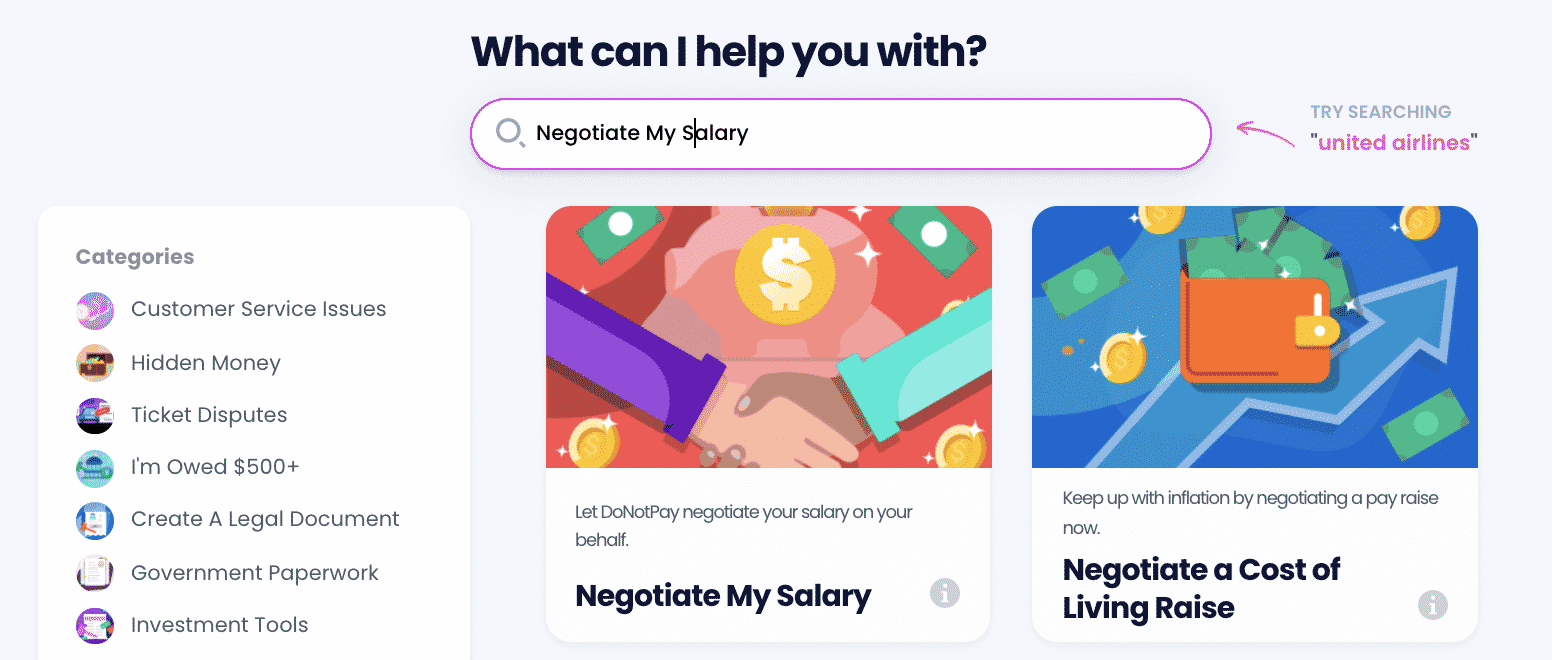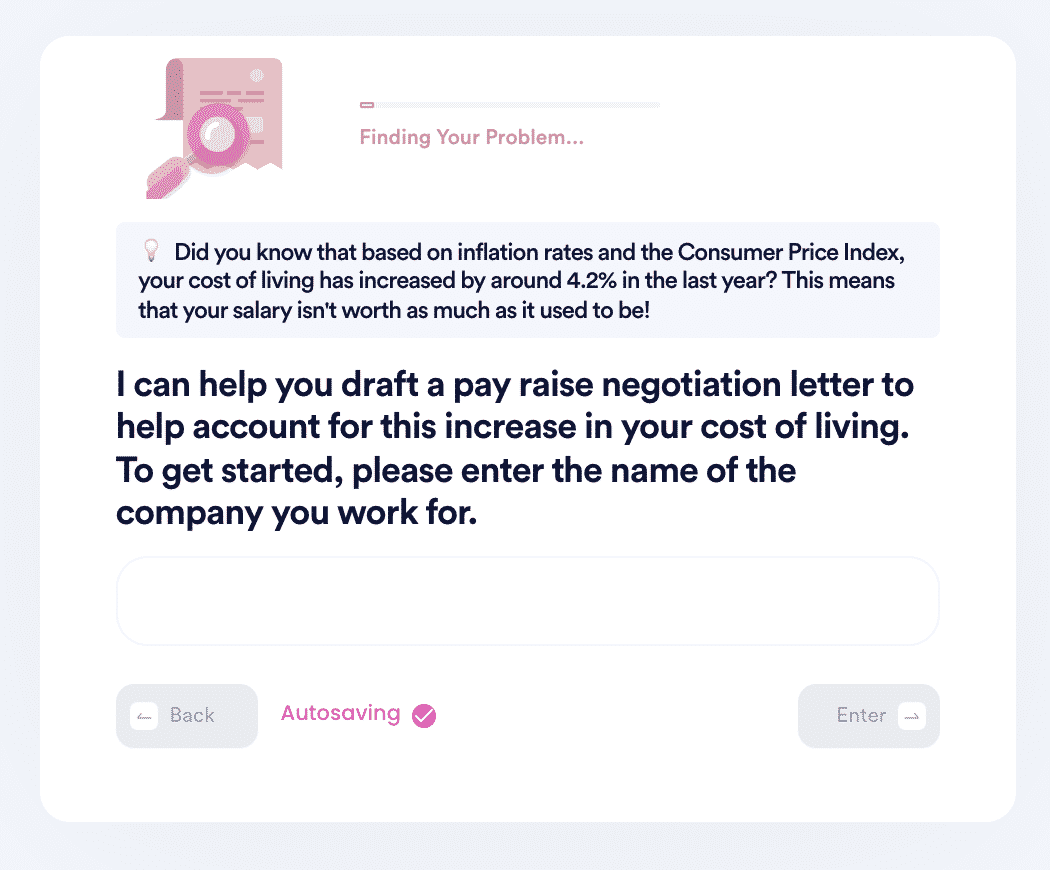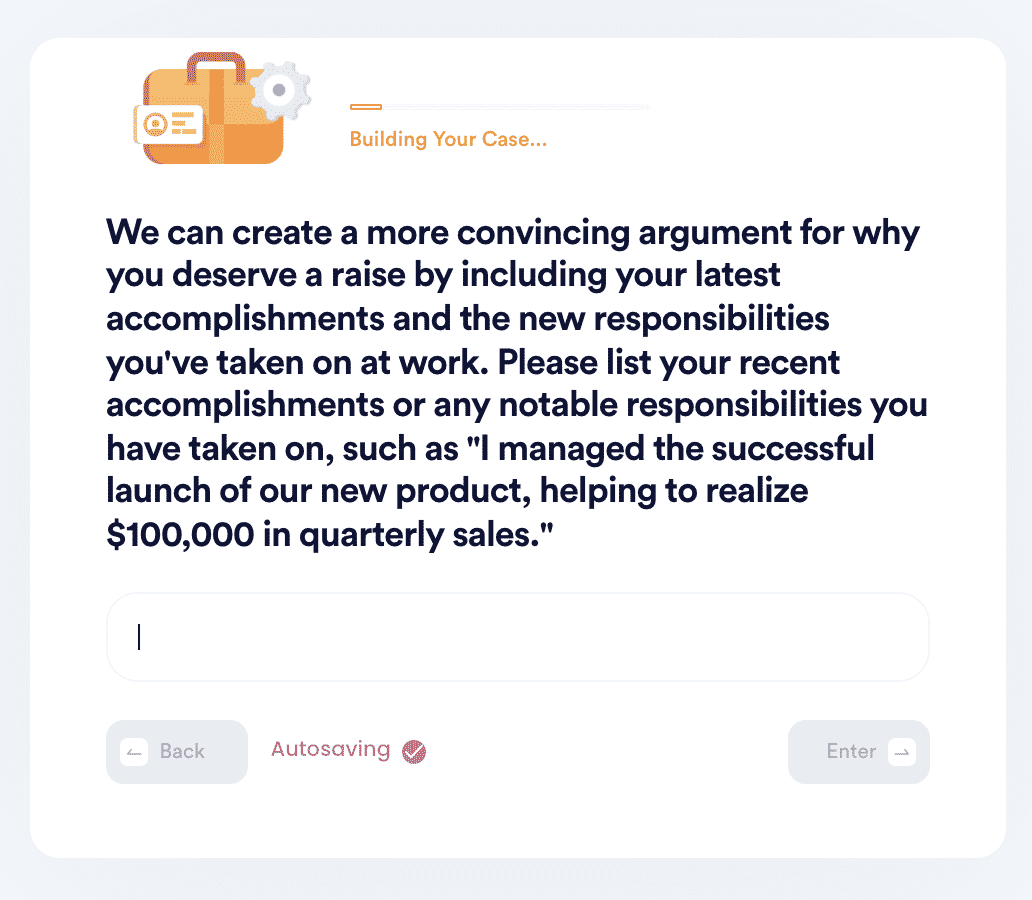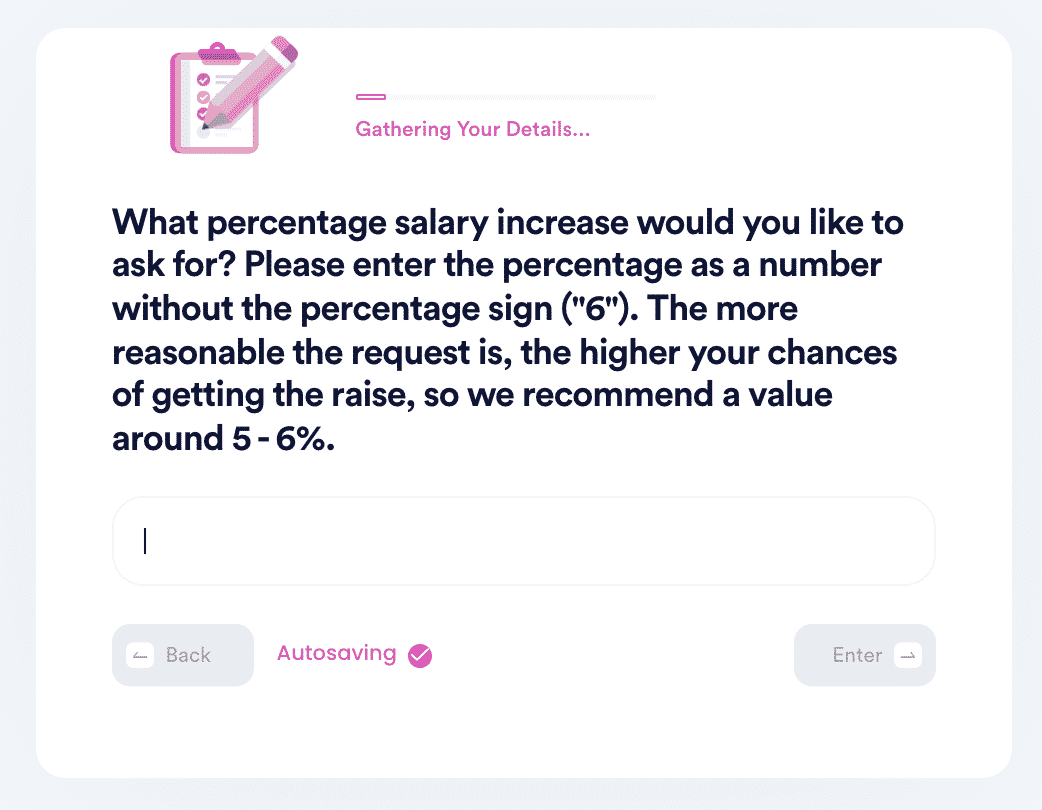How to Get a Raise Without Asking
Even though you may think you deserve a raise, when organizations are finding it difficult to thrive in challenging financial times, they often pull back from any focus on fair compensation. If your organization is facing challenging economic times, you may need to come up with creative ways to increase your paycheck. If you're wondering about how to get a raise without asking, let's get started.
Why Won't My Company Give Me a Raise?
Tightly-Organized Companies - Some companies, especially larger organizations, have large HR departments that manage almost every aspect of an employee's total compensation package. This typically includes their:
- Wages
- Salary Increases
- Benefits
- Perks (e.g., flexible schedule, parking stipend, remote work)
Within these large organizations, your own manager may not have as much control over your salary and wage increases as you may think.
| Loosely-Organized Companies | Conversely, small companies may be run by a handful of owners who spend most of their time and energy focusing on day-to-day operations. Any energy left over is focused upon the expansion of the business. Compensation may only come to the forefront during annual reviews. |
| Financial Challenges | During economic downtimes, some companies manage to thrive and even expand. The majority, however, are likely to suffer along with every other aspect of the economy. When times are hard, many companies will decrease their raise increase percentages across the board, or eliminate raises altogether. |
| Tight-Wad Organizations | Rarely, there are organizations who simply don't like to fairly their employees, whether economic times are good or bad. It might be puzzling to some as to why anyone would work for such a company. Some reasons why this may occur include:
|
Still, good employees remain the backbone of a thriving organization. It's reasonable to say that without outstanding employees, many companies wouldn't be where they are today. If you believe in your worth and the value you add to your job, but your company seems reticent about raises, it's prudent for you to learn how to get a raise at work, without even asking.
Stand a Head Above the Rest
If you want to get a raise without having to ask for one, one way to accomplish this is to make yourself invaluable to your organization. Don't be one of those employees who put in the minimum amount of work at their job. Instead, be an employee that stands above the rest of the crowd. It's a great way to get yourself noticed (and additionally compensated too).
Volunteer for a High-Profile Project
If you truly believe in your worth, experience, and ideas, then don't shy away from challenging projects. Be prepared to make an organized case to your boss, at which time you can tout all the value you'll add to the project. If your part of the project is very successful, you're likely to become indispensable, and much more likely to receive a promotion and/or a big raise.
Volunteer for a Difficult Project
While it's fairly easy to volunteer for a fun, high-profile project, getting yourself noticed (and compensated), may require you to dig deeper. Volunteering for a project that nobody wants, shows that you're willing to do what it takes to advance your company's interests over your own. Doing a great job with less desirable tasks is a crystal clear example that you truly want to be a team player.
Be Accountable
You're human. Mistakes happen. Still, if you want to stand out from the crowd after you make a mistake on the job, rather than lying or trying to bluff your way out of the issue, do this instead:
- Admit your error(s).
- Be humble enough to analyze where you went wrong.
- Let your boss know what happened. Then discuss the steps you can take to rectify the errors and/or what you can do to prevent the mistake from happening again.
Good employers will appreciate your honesty and integrity, and your refusal to blame others for your mistakes. Dependability and honesty can translate into additional compensation being extended to you during your annual job review.
Support Your Boss and Your Company
Especially in more loosely-organized companies, if your boss has a lot of power in determining your compensation, it's fairly obvious that becoming a great asset to your supervisor will likely increase your chances of getting a raise. When you're doing a great job that adds real value to the company, your boss looks better to their manager. Making your boss sincerely look better is much more likely to get you a well-deserved raise than mediocre job performance.
You May Need to Move On
If you've tried everything you can do and the company you work for simply won't recognize your best efforts, it may be time for you to find a position with another company that is willing to .
Getting a job at a different company may mean reaching for a position with additional responsibilities, or it may mean taking a job that pays more but has a less prestigious job title. Only you can decide if the extra dollars in your paycheck is worth accepting a less glamorous job title.
How Can DoNotPay Help Initiate Salary Negotiations
DoNotPay's Negotiate Salary product helps a candidate to craft a letter to the employer to initiate a negotiation.
How to negotiate your salary using DoNotPay:
- Search "negotiate my salary" on DoNotPay.

- Enter the name of your company and the industry you work in, so we can find the right wage statistics for your role.

- Answer a series of questions regarding your qualifications and achievements, relocation expenses, and other job offers if applicable.

- Enter the new base salary you would like to request.

What Else Can DoNotPay Do for You
If you need additional help in order to receive the compensation you deserve, DoNotPay can help. We want to help you succeed with all your financial goals. Listed below are several helpful topics we've developed to help you become more knowledgeable about how to negotiate your best salary.
- When to ask for a raise
- How to ask for a raise in an email
- How to negotiate a salary increase over the phone
- How much should you ask for?
- How to negotiate your salary through email


